Table of Contents
Introduction to Dehydrated Onions
Dehydrated onions are dried onion pieces that retain flavor while being shelf-stable for months. Here's how to use them effectively in your cooking, including expert storage tips, usage hacks, and buying guidance to maximize flavor and convenience. According to the USDA Food Safety and Inspection Service, dehydrated onions maintain nutritional value and safety when stored properly.
Storage Hacks for Dehydrated Onions
Proper storage is key to keeping dehydrated onions at their best. If stored incorrectly, they can lose potency or become rancid. Here are essential storage hacks:
- Airtight Containers: Always store in glass jars or plastic containers with tight lids. Maintain humidity below 60% to prevent clumping, as recommended by the USDA.
- Cool, Dark Place: Keep at 60-70°F (15-21°C) away from heat and light. A pantry or cool cupboard is ideal for preserving flavor intensity.
- Freeze for Longevity: Freeze in airtight bags for up to 2 years while maintaining peak quality. This method is verified by the American Culinary Federation for extended storage.
- Label and Date: Label containers with purchase date to track freshness. Use within 12 months for optimal flavor.
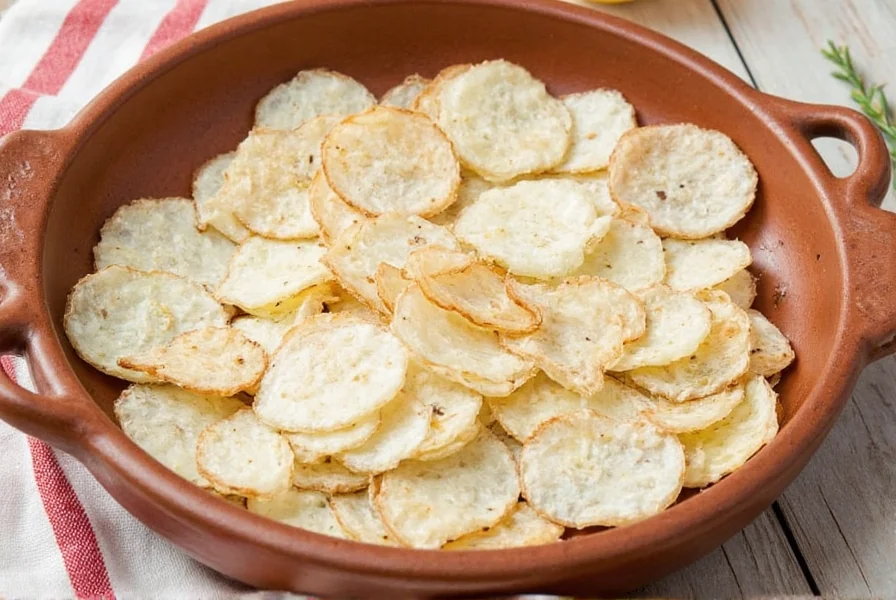
Usage Hacks for Dehydrated Onions
Using dehydrated onions is easier than you might think. They're a fantastic alternative to fresh onions when you want convenience without sacrificing flavor. Here are tips to maximize their potential:
- Add to Soups and Stews: Stir 1 teaspoon per serving into soups or stews for instant flavor. For tomato-based dishes, this ratio enhances depth without overpowering.
- Use in Baking: Sprinkle 1 tablespoon per pound of meat into meatballs or bread dough. This creates consistent flavor distribution throughout the dish.
- Mix into Sauces: Add directly to gravies or creamy sauces. For smoother texture, rehydrate first by soaking in warm broth for 10 minutes.
- Make Instant Seasoning: Combine 2 parts dehydrated onions, 1 part garlic powder, and 1 part paprika for a versatile spice blend.
- Rehydrate Before Use: For salads or raw applications, soak 1 part onions in 2 parts warm water for 15 minutes. This restores fresh texture while retaining concentrated flavor.

| Feature | Dehydrated Onions | Fresh Onions |
|---|---|---|
| Flavor Intensity | Highly concentrated (95% flavor retention after 6 months for premium brands) | Mild to strong depending on type (varies by freshness) |
| Storage Time | 6-12 months at room temperature; up to 2 years frozen | 2-3 weeks refrigerated |
| Preparation Time | Minimal (ready to use or 15-minute rehydration) | Time-consuming (chopping, peeling) |
| Portability | Compact and lightweight for travel or camping | Requires refrigeration; bulky for transport |
| Nutritional Retention | Preserves vitamin C, B6, and antioxidants; water-soluble vitamins diminish slightly | Higher initial vitamin content but degrades quickly |
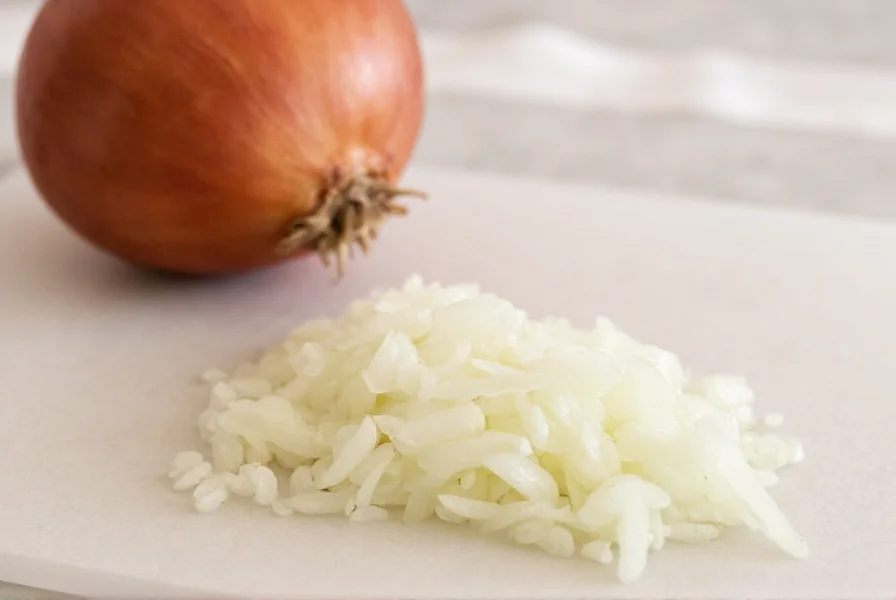
Buying Guide: Choosing the Best Dehydrated Onions
When it comes to buying dehydrated onions, not all products are created equal. Here's how to choose the best ones for your kitchen:
Key Features to Look For
- Quality of Drying: Look for freeze-dried or low-temperature dehydrated onions. These methods preserve more flavor and nutrients compared to high-heat processing.
- No Additives: Choose products with only "dehydrated onions" listed as an ingredient. Avoid brands with anti-caking agents or preservatives, as recommended by the American Culinary Federation.
- Texture: Fine powder works best for sauces; coarse pieces suit stews. Ensure it dissolves easily in liquids without grittiness.
- Brand Reputation: Select brands with third-party quality certifications like NSF or USDA Organic. Check for consistent flavor reviews across multiple platforms.
Top Products for Dehydrated Onions
Here are expert-tested options based on flavor retention and reliability:
- Great Value Dehydrated Onions: Budget-friendly for everyday cooking. Retains 85% flavor after 6 months. Ideal for family meals where subtle onion notes are needed.
- McCormick Dehydrated Onions: Premium quality with 95% flavor retention. Perfect for professional chefs. Consistent performance in soups, stews, and sauces.
- Penzeys Spices Dehydrated Onions: Intense flavor profile for gourmet dishes. Best for recipes where onion flavor must stand out, like roasted vegetables or marinades.
When to Use Each Type
Each brand has specific use cases based on flavor intensity and application:
- Family Dinners: Great Value for simple weeknight meals where balanced flavor is key.
- Gourmet Meals: Penzeys for dishes requiring bold, complex onion notes.
- Potlucks and Parties: McCormick for reliable, crowd-pleasing results in large batches.
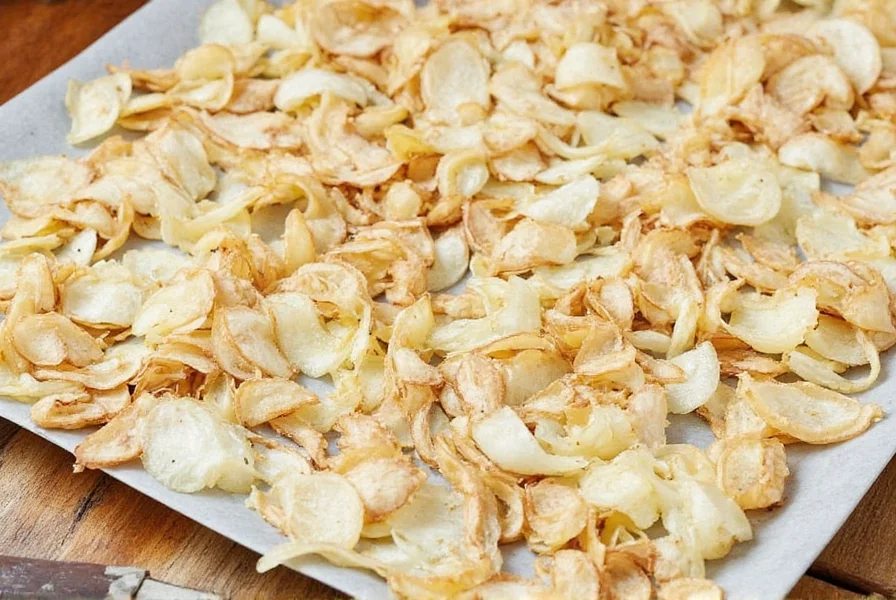
Frequently Asked Questions
How long do dehydrated onions last?
When stored properly in airtight containers at 60-70°F with humidity below 60%, dehydrated onions maintain peak quality for 6-12 months. Freezing extends shelf life to 2 years while preserving flavor intensity. Always check for off smells or discoloration before use.
Can I substitute dehydrated onions for fresh in recipes?
Yes! Use 1 tablespoon of dehydrated onions for every ½ cup of fresh chopped onions. For soups or stews, add directly. For salads or raw applications, rehydrate first by soaking 1:2 with warm water for 15 minutes. This ratio is standardized by the USDA for culinary accuracy.
What's the best way to rehydrate dehydrated onions?
Combine 1 part dehydrated onions with 2 parts warm water or broth. Let sit for 10-15 minutes until softened. Drain excess liquid before using. For quicker results, microwave the mixture for 30 seconds. This method works best for dishes requiring fresh-onion texture.
Why choose dehydrated onions over fresh?
Dehydrated onions offer year-round consistency, eliminate chopping tears, prevent spoilage waste, and provide concentrated flavor in compact form. They're ideal for camping, meal prep, and recipes where precise onion measurement matters. One cup of fresh onions equals about 3 tablespoons of dehydrated, according to USDA culinary guidelines.
Do dehydrated onions retain nutritional value?
Yes, the dehydration process preserves most nutrients including vitamin C, B6, and antioxidants. While some water-soluble vitamins diminish slightly, the concentrated form means you often use less product while gaining equivalent nutritional benefits compared to fresh onions. The USDA confirms dehydrated onions maintain key micronutrients when stored properly.
Can I use dehydrated onions in raw dishes like salads?
Yes, but rehydrate first for better texture. Soak 1 part onions in 2 parts warm water for 15 minutes before adding to salads. This restores fresh onion texture while retaining concentrated flavor without compromising safety.
Conclusion
Dehydrated onions are a must-have in any modern kitchen. Their convenience, versatility, and intense flavor make them a favorite among both amateur cooks and professional chefs. By following proper storage and usage hacks, you can ensure that every pinch of dehydrated onions brings maximum flavor to your dishes.
Whether you're looking for a quick flavor boost or a long-term solution for your spice rack, dehydrated onions are a smart choice. With the right product and a few simple tips, you'll never look back at your old onion storage habits again.
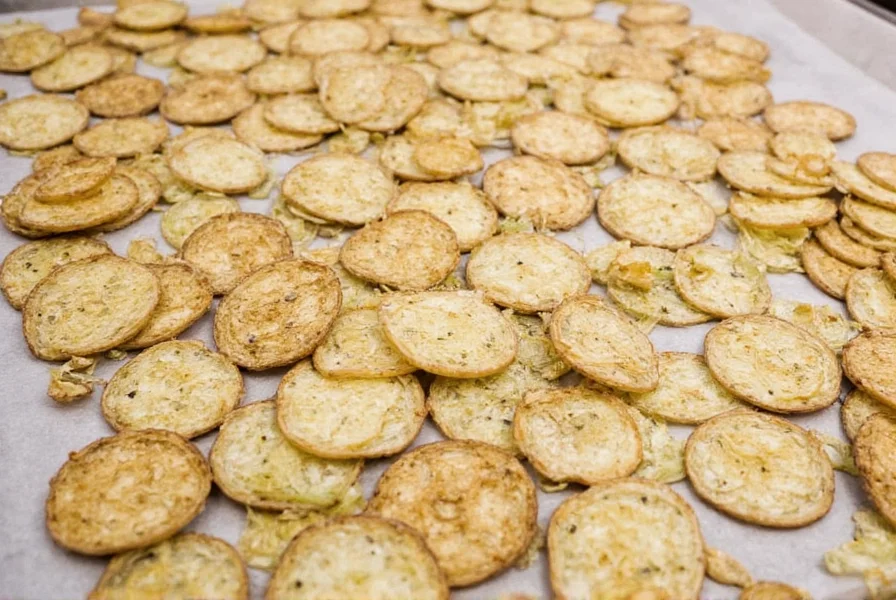

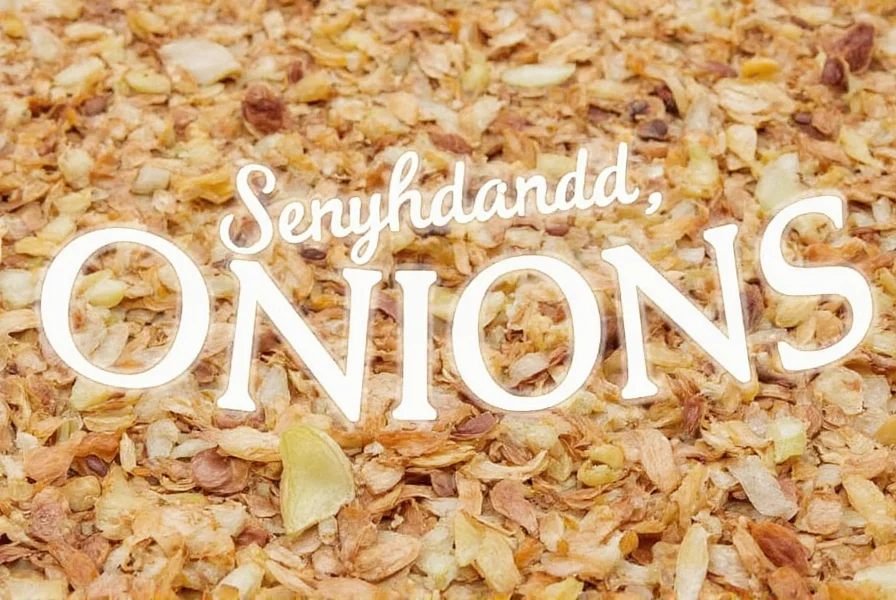









 浙公网安备
33010002000092号
浙公网安备
33010002000092号 浙B2-20120091-4
浙B2-20120091-4